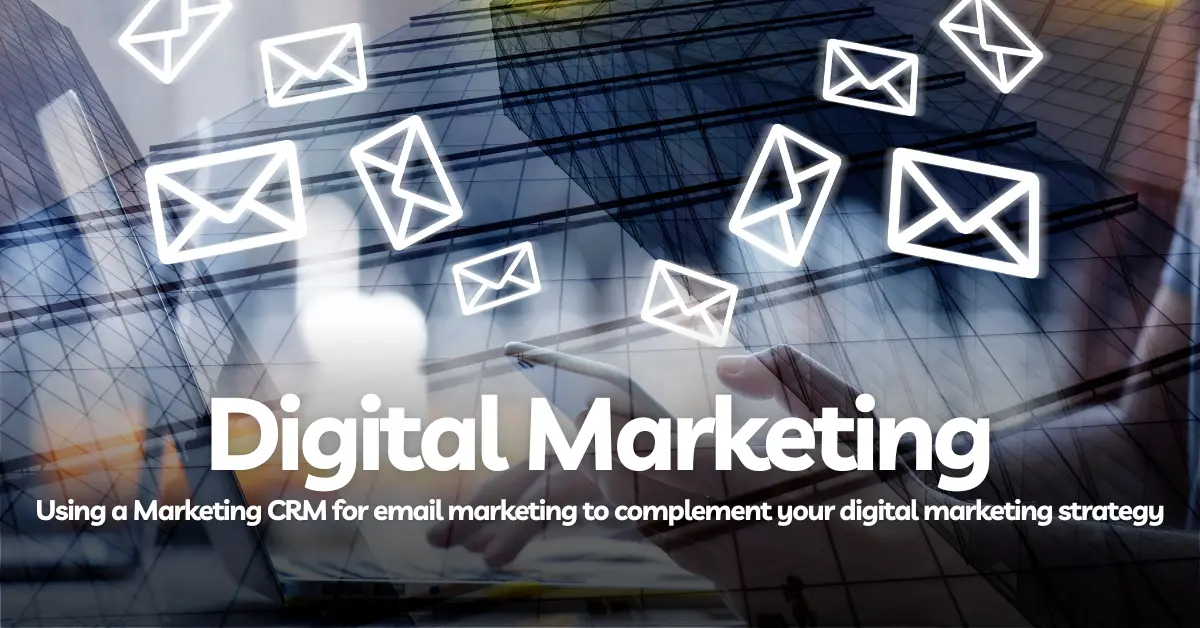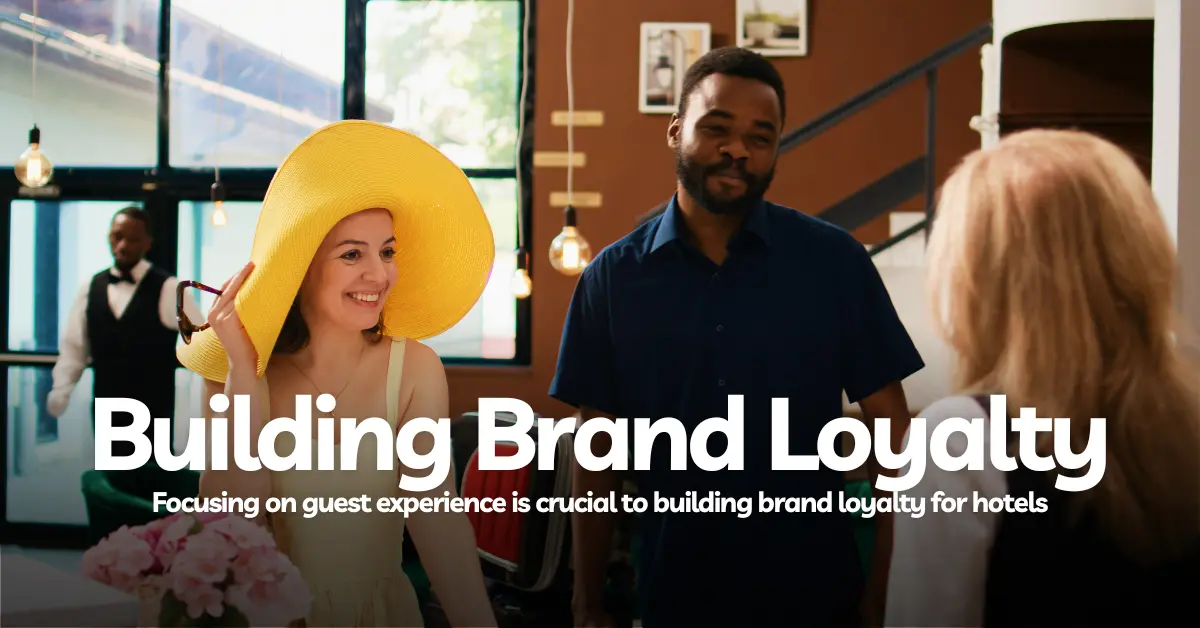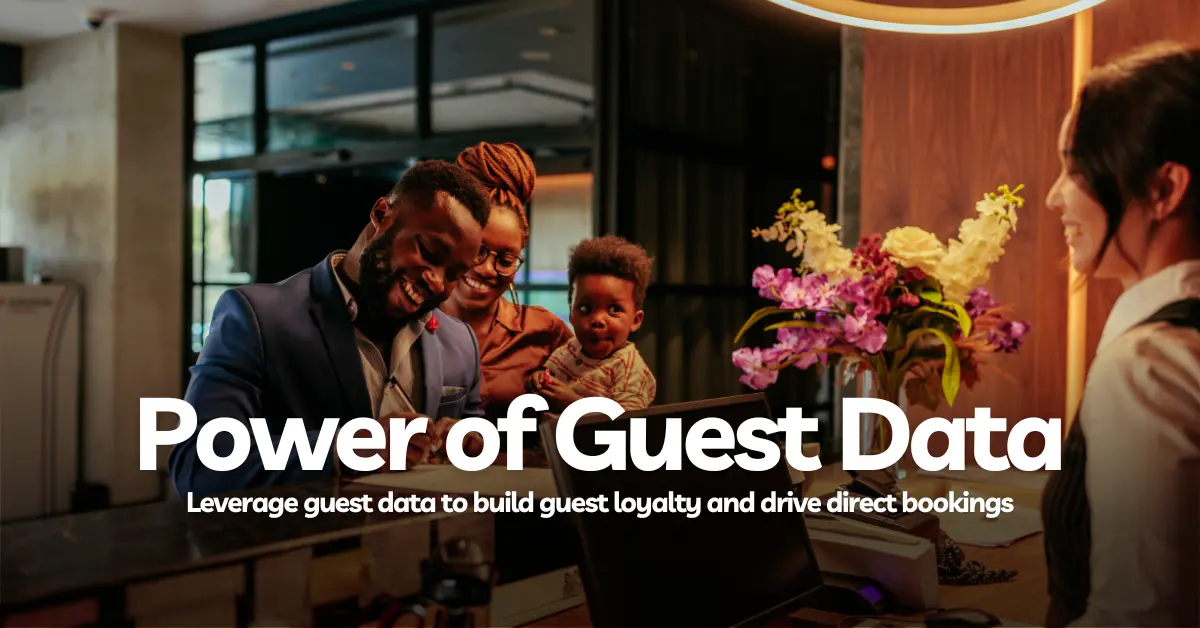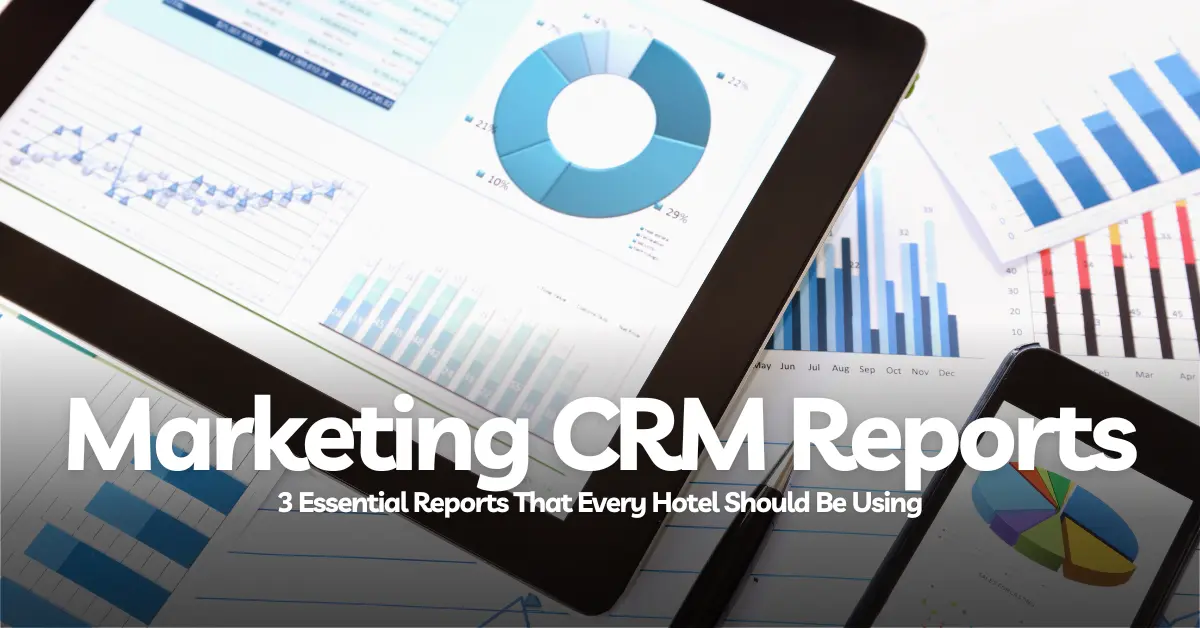In the competitive realm of hotel marketing, the ability to connect with guests on a personal level can make all the difference. Enter the strategic game of segmentation and targeting in email marketing – a powerful approach that transforms generic communications into tailored experiences. In this article, we delve into the art of guest segmentation, the merits of hyper-targeted marketing, and the pivotal role of collecting guest data for crafting personalised and relevant email campaigns.
Understanding Guest Segmentation: Tailoring to Diverse Preferences
Guest segmentation involves categorising your audience into distinct groups based on shared characteristics, preferences, or behaviours. This allows hotels to tailor their marketing messages, ensuring they resonate with the specific needs and desires of each segment. It’s a departure from the one-size-fits-all approach, acknowledging the diversity among guests and recognising that a personalised touch goes a long way in fostering engagement and loyalty.
The Merits of Hyper-Targeted Marketing: Precision and Relevance
Enter hyper-targeted marketing – the next level of segmentation precision. Instead of broadly addressing a segment, this approach hones in on nuanced characteristics, ensuring that each email resonates with recipients on a highly personal level. By delivering content that aligns with individual preferences, behaviours, or previous interactions, hyper-targeting enhances the relevance of your messages, capturing attention and driving desired actions.
Collecting Guest Data: The Key to Personalisation
At the heart of effective segmentation and targeting, lies the collection of guest data. Understanding your guests – their preferences, booking history, and spending habits – empowers you to create nuanced segments and craft hyper-targeted campaigns. This data-driven approach transforms generic promotional emails into personalised invitations that speak directly to the individual recipient.
Implementing guest engagement solutions to gather and manage guest data ethically is crucial. This includes obtaining explicit consent, ensuring data security, and transparently communicating the value guests receive in return. From booking patterns to preferred amenities, the more you know about your guests, the more accurately you can tailor your communications.
Crafting Personalised and Relevant Email Marketing Campaigns
Now armed with valuable guest data, it’s time to put it into action and craft personalised and relevant email campaigns using a powerful marketing CRM. Here’s how:
- Segmentation Based on Guest Profiles: Divide your audience into segments based on demographics, preferences, or behaviours. This might include frequent business travellers, leisure seekers, or those who prefer specific amenities.
- Tailored Offers and Promotions: Create bespoke offers and promotions that resonate with each segment. A business traveller might appreciate a corporate discount, while a leisure guest might be enticed by spa packages or local attractions.
- Personalised Recommendations: Leverage guest data to recommend relevant services or experiences. If a guest frequently books spa treatments, sending promotions for upcoming spa events or new treatments shows attentiveness to their preferences.
- Lifecycle Emails: Implement targeted emails at different stages of the guest lifecycle. From pre-stay excitement to post-stay follow-ups, each communication should be tailored to the guest’s specific journey.
Benefits Beyond the Inbox: Building Lasting Connections
The impact of segmentation and targeting extends beyond the inbox. By delivering personalised and relevant content, hotels can create memorable experiences that resonate with guests, fostering a sense of loyalty and encouraging repeat business. Word-of-mouth recommendations are more likely when guests feel a genuine connection with a hotel, and segmentation plays a pivotal role in nurturing this connection.
Challenges and Considerations: Striking the Right Balance
While segmentation and targeting offer immense benefits, it’s crucial to strike the right balance. Avoid overwhelming guests with excessive emails, and ensure that the segmentation criteria are relevant and non-intrusive. The goal is to enhance the guest experience, not create a sense of intrusion or irritation.
Transparency is key when it comes to data usage. Clearly communicate how guest data is used to enhance their experience, assuring them that their privacy is respected. This builds trust and ensures that guests feel comfortable providing the necessary information.
Looking Ahead: The Future of Personalised Hospitality Marketing
As technology continues to advance, the future of personalised hospitality marketing holds exciting possibilities. Artificial intelligence and machine learning will play an increasingly prominent role in analysing vast amounts of guest data, predicting preferences, and automating hyper-targeted campaigns. The key will be finding the right balance between technological efficiency and the human touch that defines exceptional hospitality.
Conclusion: Crafting Personalised Connections
In the dynamic landscape of hotel marketing, segmentation and targeting in email campaigns emerge as indispensable tools for crafting personalised connections. By understanding the diverse needs of guests, collecting relevant data, and crafting hyper-targeted, personalised campaigns, hotels can forge meaningful connections that extend beyond the inbox. The path to guest loyalty and advocacy begins with acknowledging the uniqueness of each guest and tailoring your communications accordingly. In an era where personalisation reigns supreme, hotels that master the art of segmentation and targeting will undoubtedly stand out in the crowded hospitality landscape.





